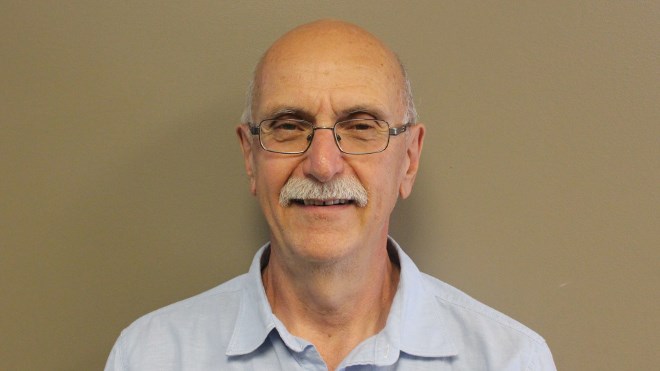We know that voter turnout has been declining. We know that little is being done to curb this tide effectively, and some of us are concerned. Elections Canada commissioned a major research project in 2002 to explore why electors decide not to vote. Based on a survey of 5,637 eligible voters, the researchers found that age, education, income, place of birth and mobility all related to voting/not voting with age being the predominant factor.
The study confirmed that people are less likely to cast a ballot if they feel they have no influence over government actions, do not feel voting is an essential civic act, or do not feel the election is competitive enough to make their votes matter to the outcome, either at the national or other levels.
The research looked at the political attitudes of youth with the suggestion that enhanced political education and the injection of youth-relevant issues into federal politics are needed to encourage youth voting.
Less than two-thirds of those who became eligible to vote during the 1974-1980 period voted in 2000, while only 54.2 per cent of those who entered the electorate during the 1984-88 period did so.
From that point on, the voting rate slipped well below half, with the voters that entered the electorate in 1993 voting at 38.2 per cent in 2000, the 1997 new voters at 27.5 per cent, and those eligible to vote for the first time in 2000 voting at a rate of just 22.4 per cent.
The report concluded that voting rates would continue to decline. The voting rates of generations entering the electorate in the last two decades are substantially lower than those of previous generations.
While "life-cycle" effects can help to increase an initial low participation rate of all generations, they have not brought the new voters up to the participation levels of earlier entrants. There has been a long-term decline in the electoral participation of successive generations of Canadians. An effective response to this trend will require more than short-term, small-scale reform measures such as Internet use.
That research was concluded in 2012 and we can ask, what else has been done since to improve voter turnout? The media have not accorded this issue the profile it deserves. Instead of blaring that our democracy is in crisis, the media just continues to moan and mumble about apathy. And the Big politicians? Election platforms are mouthing reforms, but what will live beyond the elections? Promises are so easy.
For now it looks like the same old game. No worries. It’s business as usual. Besides, if the decline continues, Canada won’t need voters anyway.
André Clément is a member of the Sudbury Chapter of the Council of Canadians. Each week leading up to the election, Northern Life will publish a new column from the council on issues pertinent to voters.
Join Sudbury.com+
- Messages
- Post a Listing
- Your Listings
- Your Profile
- Your Subscriptions
- Your Likes
- Your Business
- Support Local News
- Payment History
Sudbury.com+ members
Already a +member?
Not a +member?
Sign up for a Sudbury.com+ account for instant access to upcoming contests, local offers, auctions and so much more.
